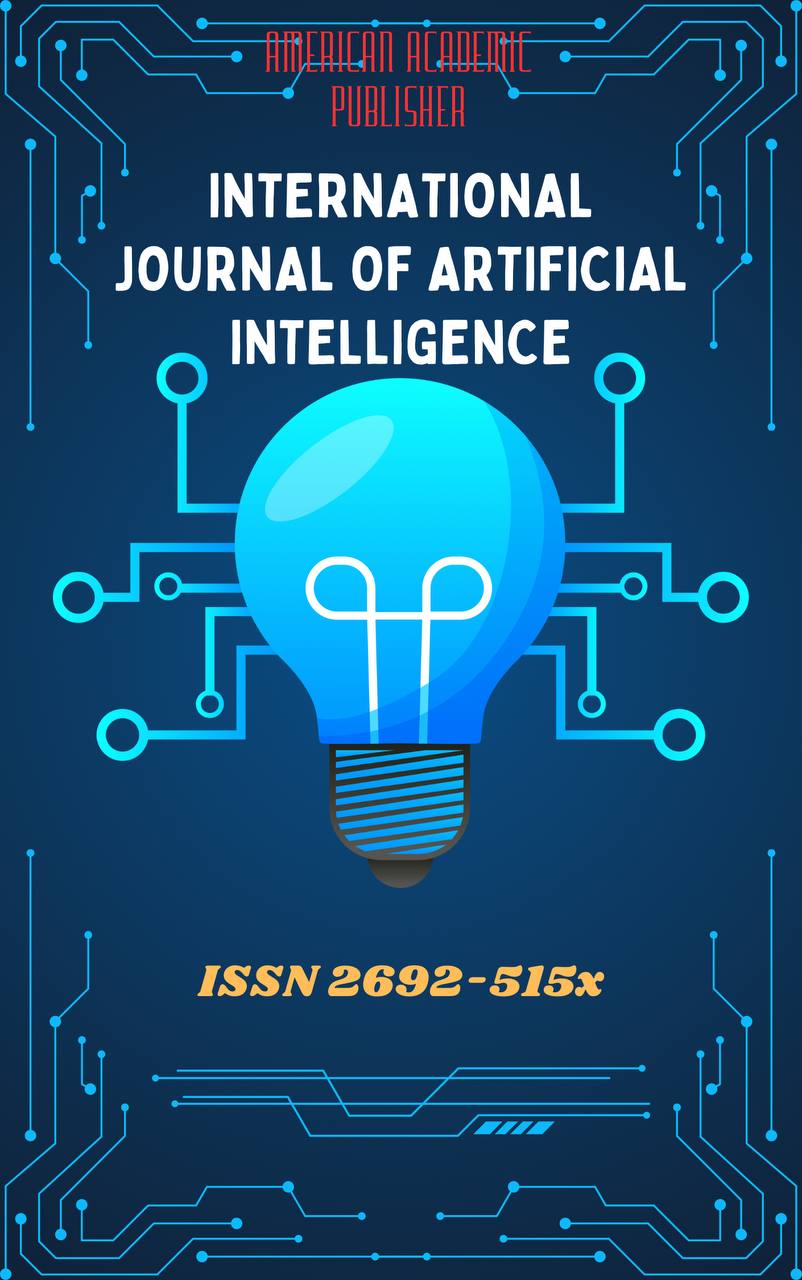 Articles
| Open Access |
Articles
| Open Access | INTEGRATING LISTENING, SPEAKING, READING, AND WRITING: EFFECTIVE APPROACHES FOR UNIVERSITY-LEVEL ESL STUDENTS
Allaberganova Shoxruza Xayrulla qizi,Bozorboyeva Iroda Muzaffar qizi , Urgench State Pedagogical InstituteAbstract
This article explores effective strategies for integrating the four essential language skills—listening, speaking, reading, and writing—within university-level ESL instruction. Emphasizing a holistic approach to language learning, it outlines the theoretical rationale, practical classroom applications, and challenges associated with skill integration. The paper analyzes task-based learning, content-based instruction, and project-based methods as effective means to develop communicative competence and academic literacy. It also provides recommendations for curriculum design and teacher training to optimize skill integration in higher education contexts.
Keywords
integrated skills, ESL, listening, speaking, reading, writing, university-level instruction, academic literacy
References
Canale, M., & Swain, M. (1980). Theoretical bases of communicative approaches to second language teaching and testing. Applied Linguistics, 1(1), 1–47.
Nation, I. S. P. (2009). Teaching ESL/EFL Listening and Speaking. Routledge.
Richards, J. C., & Rodgers, T. S. (2014). Approaches and Methods in Language Teaching (3rd ed.). Cambridge University Press.
Stoller, F. L. (2004). Content-based instruction: Perspectives on curriculum planning. Annual Review of Applied Linguistics, 24, 261–283.
Vygotsky, L. S. (1978). Mind in Society: The Development of Higher Psychological Processes. Harvard University Press.
Zeng, M. (2020). Integrated Skills Approach in ESL Classrooms: A Case Study in Higher Education. International Journal of Language Education, 4(1), 52–65.
Article Statistics
Downloads
Copyright License

This work is licensed under a Creative Commons Attribution 4.0 International License.

